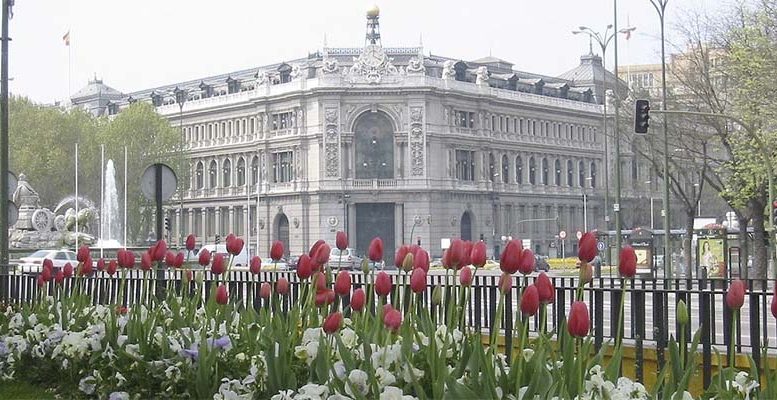Sabadell’s independence is also not guaranteed,although its situation is apparently better. Its profit and loss account is ‘doped’ by an abusive amount of buying and selling of public debt, taking advantage of the ECB’s hosepipe. There is also a certain amount of uncertainty surrounding its balance sheet and the asset protection scheme it was allowed to use to take over CAM. But where it really still has a big problem is with its core shareholders. The families who own companies like Planeta (Lara), Pinturas Tintan (Folch Rusiñol), Porcelana (Colonqués) or Mango (Andic) have incurred massive losses of hundreds of millions of euros on the investment they made in 2006 to buy the 12.5% of Sabadell which was in the hands of La Caixa. They supported Josep Oliu as president who also risked a lot of money. A large part of the investment was made with financing from Sabadell itself.
The necessary retirement of those bankers born in the 1940s, in the post-war era, could also provide another push for the restructuring processin a sector which is not big enough for more than half a dozen operators. This is the case of the omnipresent Isidre Faine (1942), Francisco Gonzalez (1944), Amado Franco (1946), Braulio Medel (1947) or Oliú (1949).
With respect to the savings banks, there are three of the oldest (apart from Bankia) to highlight here. Ibercaja and Unicaja remaining independent is little more than an illusion, as is the case with Liberbank. On the other hand, Caixabank and Kutxabank may survive, but they will have to look for a formula for corporate governance which puts an end to the current situation, which many consider to be a big joke.
Strangely enough, the two banks which historically have been controlled by the Botin families are the ones where it’s clearer who will hold the power in the future.
Santander has a president who will be there for some time (Ana Botín, 1960) and Bankinter has already designated Jaime Botín’s son Alfonso Botín for the role.But it’s more difficult to work out who will take over from Francisco Gonzalez at BBVA. FG is obviously thinking every day about who would be the best person to follow him and it definitely won’t be Goirigolzarri. Even though there are many who love to dream about the perfect vendetta for the two Basque bankers who were wrongfully dethroned. Abanca is a case apart. Many analysts think it is the worst bank in Spain. Its ratios are good, but the reality is that if the reversion of provisions and taxes is discounted from the profits, it is in losses. It has very scant revenues which don’t cover costs. It is owned by the Venezuelan family Escotec and will provide a lot to talk about.In short, the stakes are clear. Santander, followed by BBVA, CaixaBank, Former Savings Banks, Bankinter and Kutxabank will continue as the sector leaders. There are no more than seven lenders. Let’s see…





